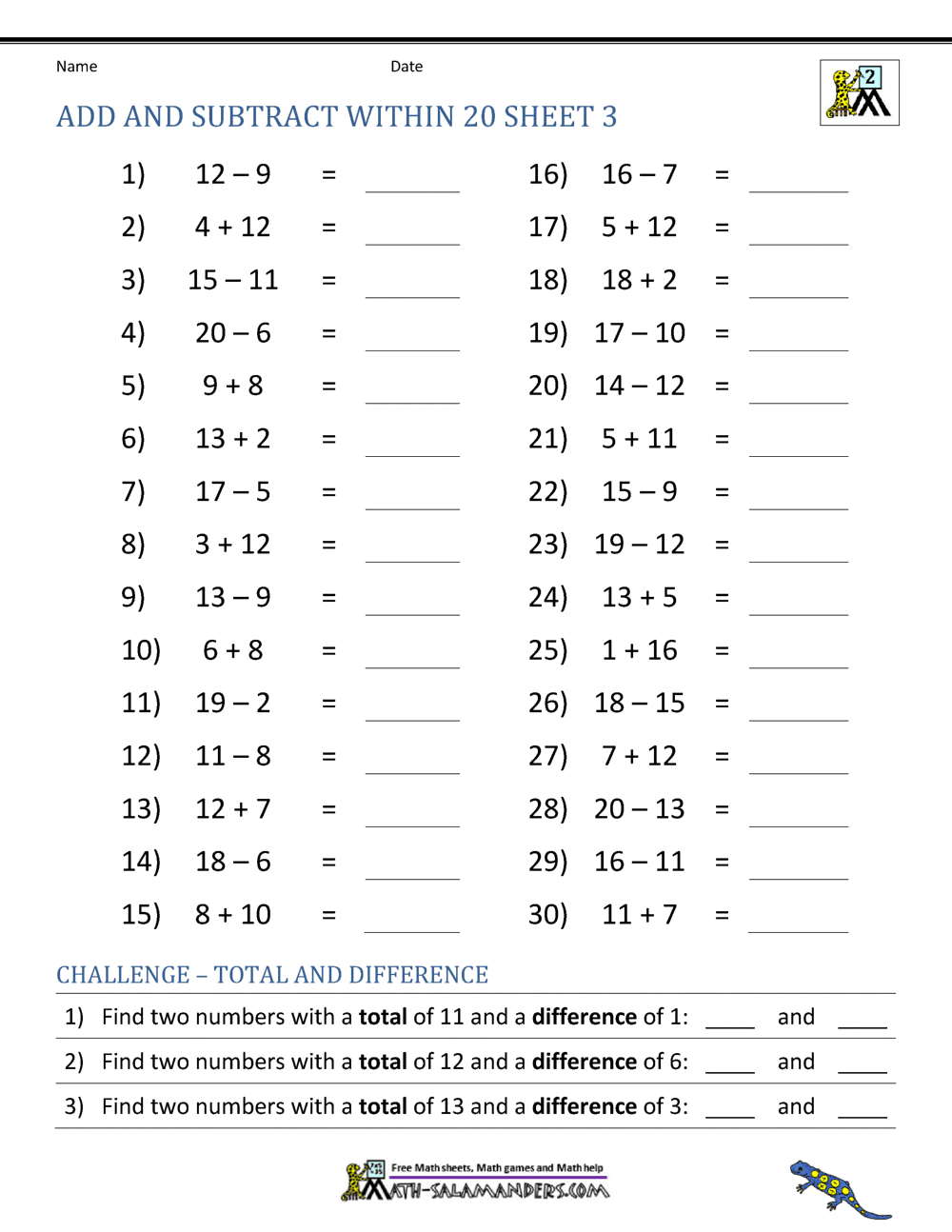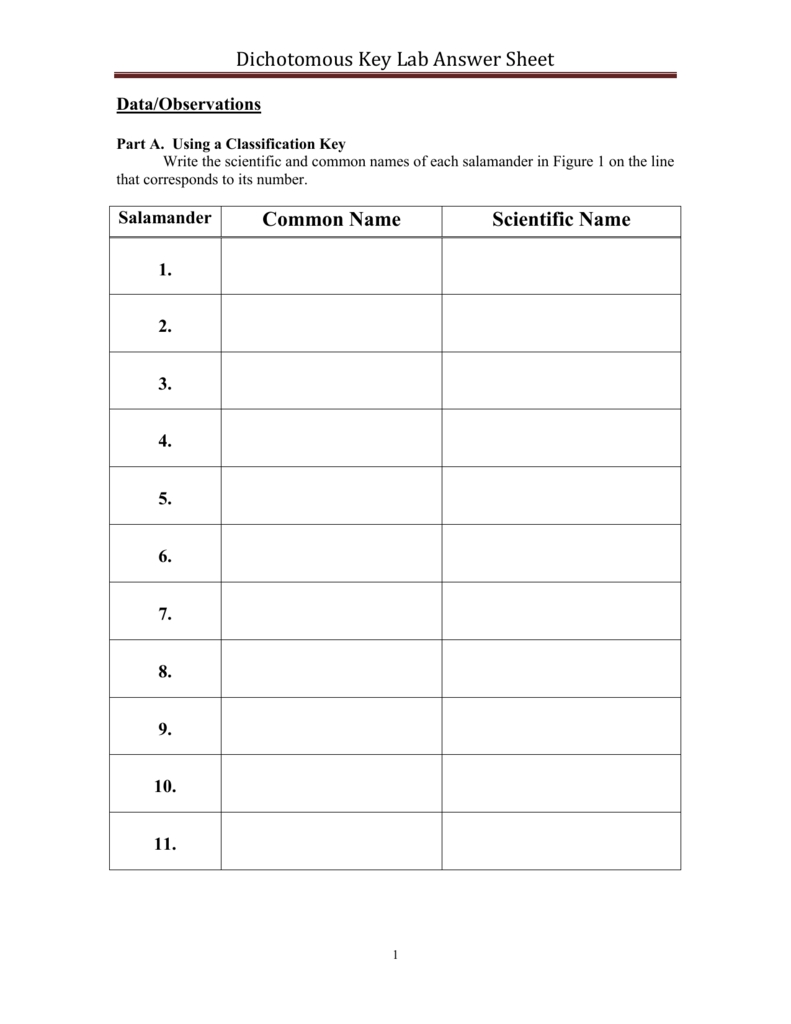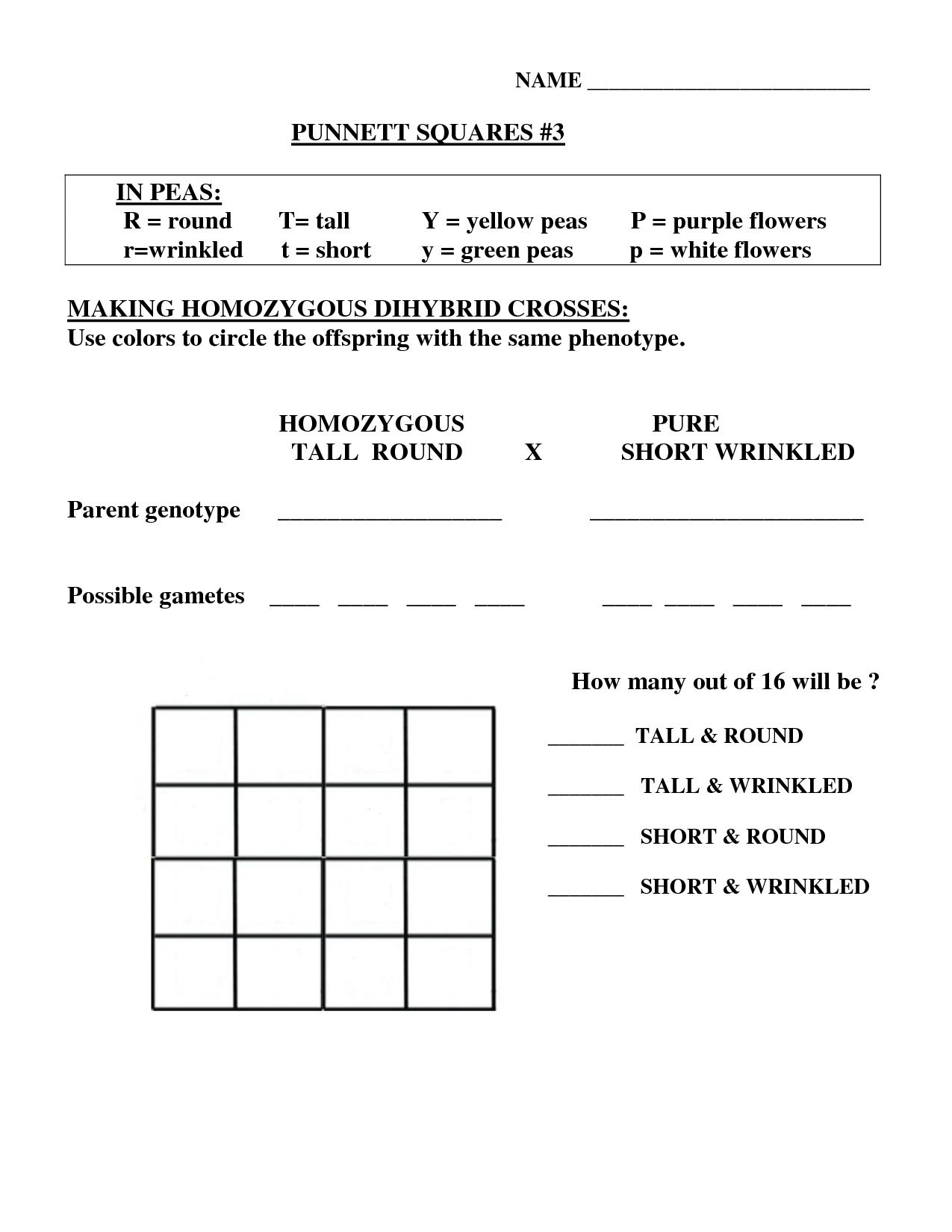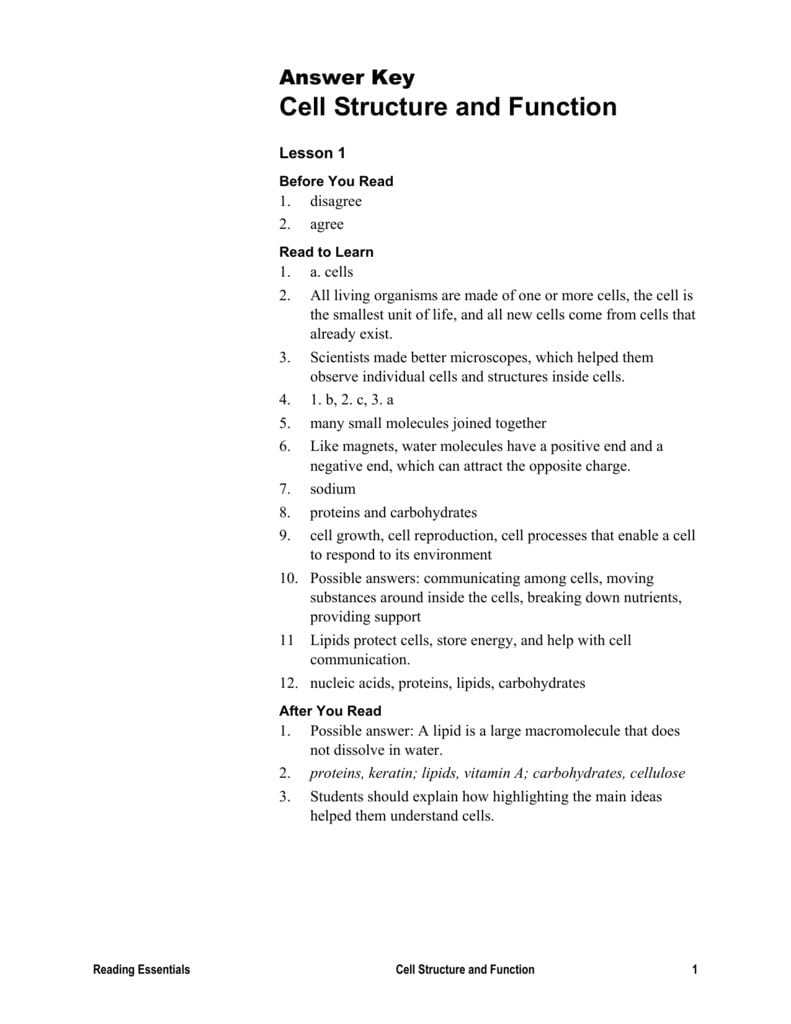CBT Worksheets for Teens: Manage Stress and Emotions
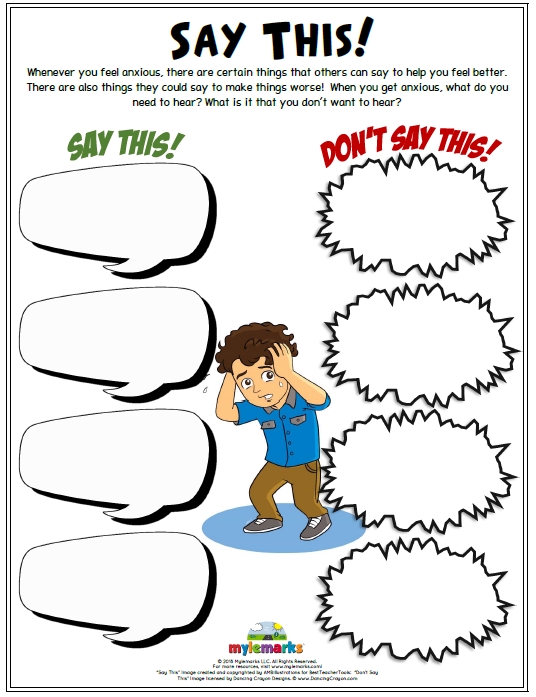
Understanding CBT and Its Benefits for Teens
As a teenager, navigating the challenges of adolescence can be overwhelming. School pressure, social relationships, and emotional changes can be stressful and affect mental health. Cognitive Behavioral Therapy (CBT) is a helpful approach in managing stress and emotions, teaching individuals to identify and change negative thought patterns and behaviors.
CBT worksheets for teens are an excellent resource to help them develop these skills. By working through exercises and activities, teens can learn to manage stress, anxiety, and other emotions in a healthy and constructive way.
How CBT Worksheets for Teens Work
CBT worksheets for teens are designed to be a fun and engaging way to learn new skills and strategies. These worksheets typically include:
- Identifying and labeling emotions: Teens learn to recognize and understand their emotions, which is essential in managing stress and anxiety.
- Cognitive restructuring: Teens learn to identify and challenge negative thought patterns, replacing them with more positive and realistic ones.
- Problem-solving and coping skills: Teens develop strategies to manage stress and difficult situations, building confidence and resilience.
- Self-care and relaxation techniques: Teens learn techniques to relax and reduce stress, such as deep breathing, visualization, and mindfulness.
By working through these exercises, teens can develop a better understanding of themselves and their emotions, leading to improved mental health and well-being.
Sample CBT Worksheets for Teens
Here are a few examples of CBT worksheets for teens:
Worksheet 1: Identifying and Labeling Emotions
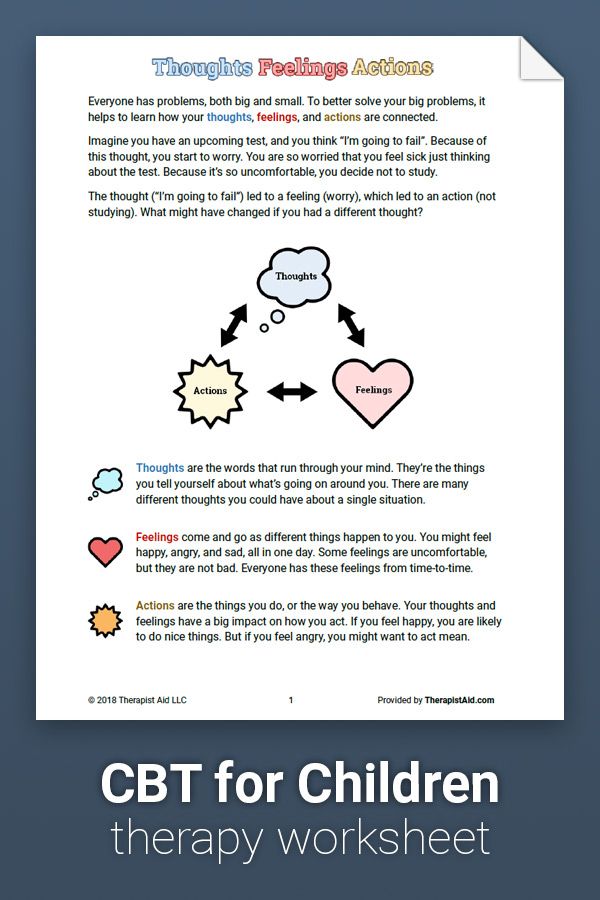
| Emotion | Description | Example |
|---|---|---|
| Happy | Feeling joyful and content | “I feel happy when I’m with my friends.” |
| Sad | Feeling unhappy and upset | “I feel sad when I lose a game.” |
| Angry | Feeling frustrated and annoyed | “I feel angry when someone takes my things without asking.” |
Worksheet 2: Cognitive Restructuring
| Negative Thought | Challenge | Positive Thought |
|---|---|---|
| “I’m a failure.” | Is this thought really true? | “I made a mistake, but I can learn from it.” |
| “I’ll never be able to do this.” | Is this thought helpful? | “I’ll try my best, and I can ask for help if I need it.” |
| “I’m not good enough.” | Is this thought fair? | “I’m doing my best, and that’s something to be proud of.” |
Worksheet 3: Problem-Solving and Coping Skills
| Problem | Coping Skill | Solution |
|---|---|---|
| Stress about an upcoming test | Take a deep breath and focus on the present moment | “I’ll study for a few hours each day, and I’ll ask my teacher for help if I need it.” |
| Difficulty sleeping | Practice relaxation techniques, such as progressive muscle relaxation | “I’ll listen to calming music and avoid screens before bedtime.” |
| Conflict with a friend | Communicate openly and honestly | “I’ll talk to my friend about how I’m feeling and listen to their perspective.” |
Benefits of CBT Worksheets for Teens
Using CBT worksheets can have numerous benefits for teens, including:
- Improved emotional regulation: Teens can better manage stress, anxiety, and other emotions.
- Increased self-awareness: Teens develop a better understanding of themselves and their thought patterns.
- Enhanced problem-solving skills: Teens learn to approach challenges in a more constructive and effective way.
- Boosted confidence and resilience: Teens develop a more positive self-image and are better equipped to handle difficult situations.
📝 Note: CBT worksheets should be used in conjunction with the guidance of a mental health professional, especially if the teen is struggling with severe mental health issues.
Getting Started with CBT Worksheets for Teens
If you’re a teen looking to manage stress and emotions, or a parent/caregiver seeking to support a teenager, here’s how to get started with CBT worksheets:
- Consult with a mental health professional: Discuss your goals and concerns with a therapist or counselor, and ask for their recommendation on CBT worksheets.
- Choose worksheets that suit your needs: Select worksheets that focus on the specific issues you’re facing, such as anxiety, depression, or relationships.
- Work through the worksheets: Set aside dedicated time to complete the worksheets, and be honest and open in your responses.
- Review and reflect: Regularly review your progress, and reflect on what you’ve learned and how you can apply it to your daily life.
In conclusion, CBT worksheets for teens are a valuable resource in managing stress and emotions. By working through these exercises and activities, teens can develop essential skills and strategies to improve their mental health and well-being.
What is CBT, and how can it help teens?
+Cognitive Behavioral Therapy (CBT) is a helpful approach in managing stress and emotions, teaching individuals to identify and change negative thought patterns and behaviors. CBT can help teens develop essential skills and strategies to improve their mental health and well-being.
Can CBT worksheets be used alone, or do I need to work with a therapist?
+While CBT worksheets can be a valuable resource, it’s recommended to work with a mental health professional, especially if you’re struggling with severe mental health issues. A therapist can provide guidance, support, and tailored advice to help you get the most out of the worksheets.
How often should I work on CBT worksheets?
+It’s recommended to set aside dedicated time each week to work on CBT worksheets. The frequency and duration will depend on your individual needs and goals. Be consistent, and make sure to review and reflect on your progress regularly.
Related Terms:
- CBT Adolescent Workbook PDF
- CBT Adolescent workbook PDF free
- CBT worksheets PDF free
- CBT worksheets for kids
- CBT for adolescent anxiety PDF
